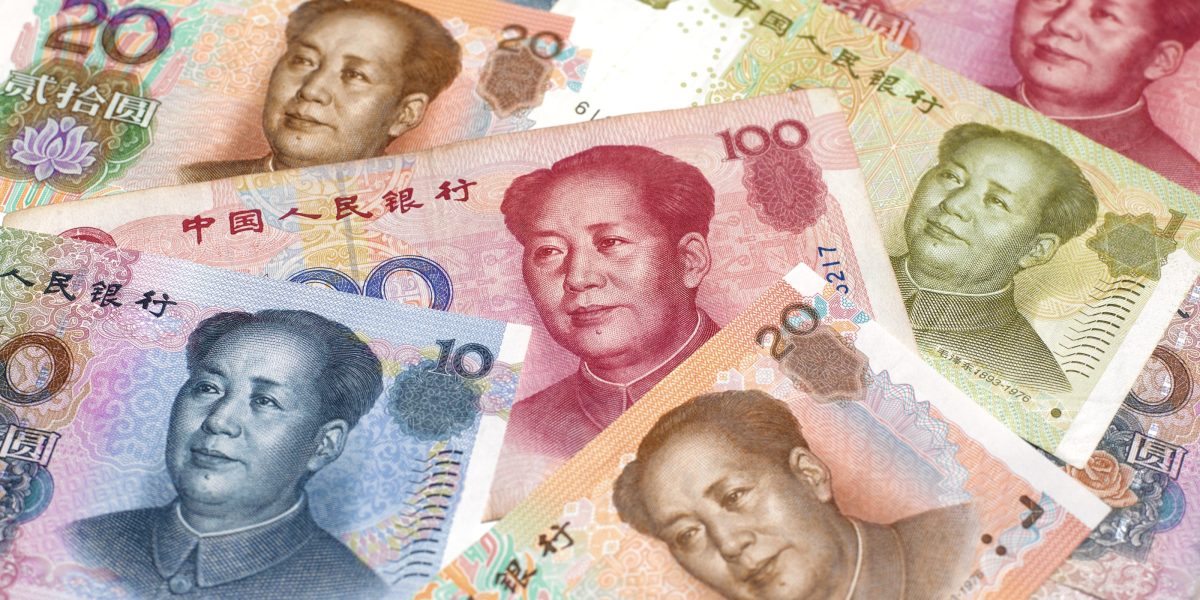
"China has been expanding use of digital currencies as it promotes wider use of its yuan, or renminbi, to reflect its status as the world's second-largest economy and challenge the overwhelming sway of the U.S. dollar in international trade and finance. However, restrictions on access to Chinese financial markets and limits on convertibility of the yuan, or "people's money," are big obstacles blocking its global use."
"Stablecoins are digital currencies whose value is linked to a specific currency such as the U.S. dollar. They can be used as a substitute in situations where currency transactions might be difficult or costly. They are different from cryptocurrencies like Bitcoin in that their only purpose is to be a means of payment, not an investment meant to be traded to gain value."
China is expanding use of digital currencies to promote wider renminbi use and challenge the U.S. dollar's dominance in international trade and finance. Restrictions on access to Chinese financial markets and limited yuan convertibility are major obstacles to broader global adoption. Hong Kong has established stablecoin regulations, and some Chinese experts advocate preparing rules for a possible yuan-pegged stablecoin. The State Council may be preparing a plan for internationalizing the yuan that could include a yuan stablecoin. In the United States, President Donald Trump prioritized crypto-friendly policies and signed the GENIUS Act regulating stablecoins. Stablecoins are blockchain-based digital currencies anchored to fiat currencies and designed for payments.
Read at Fortune
Unable to calculate read time
Collection
[
|
...
]